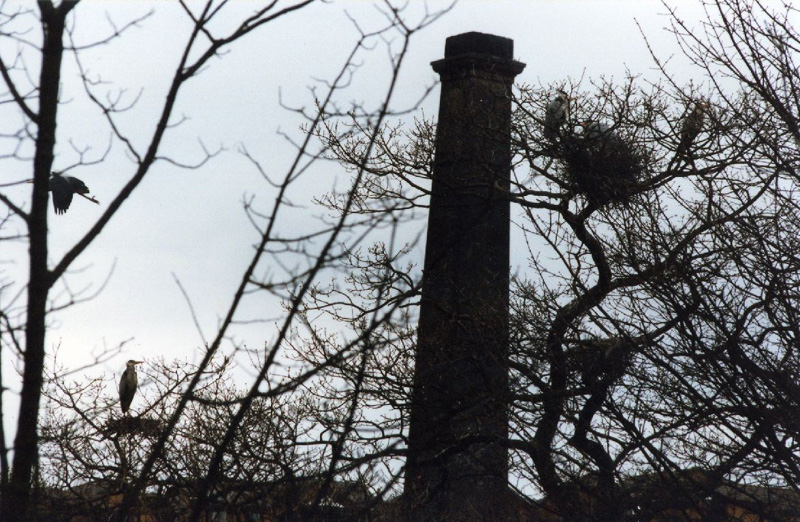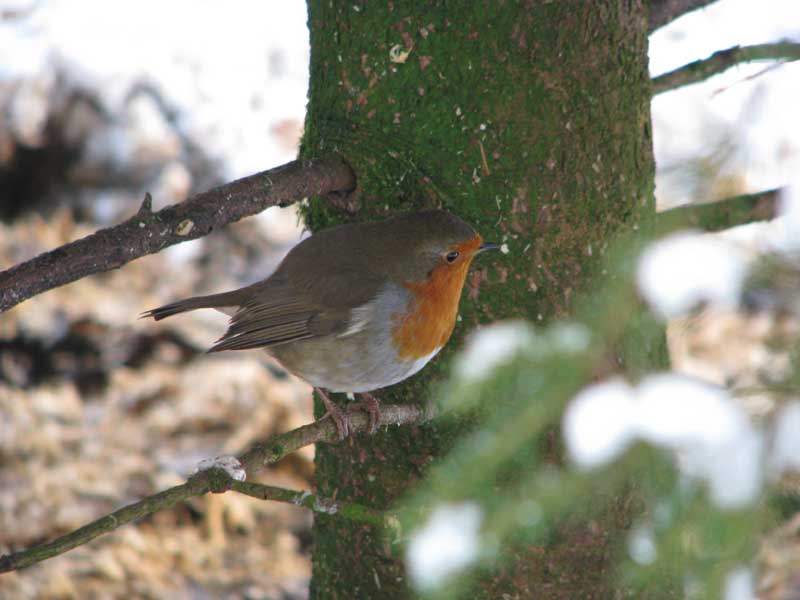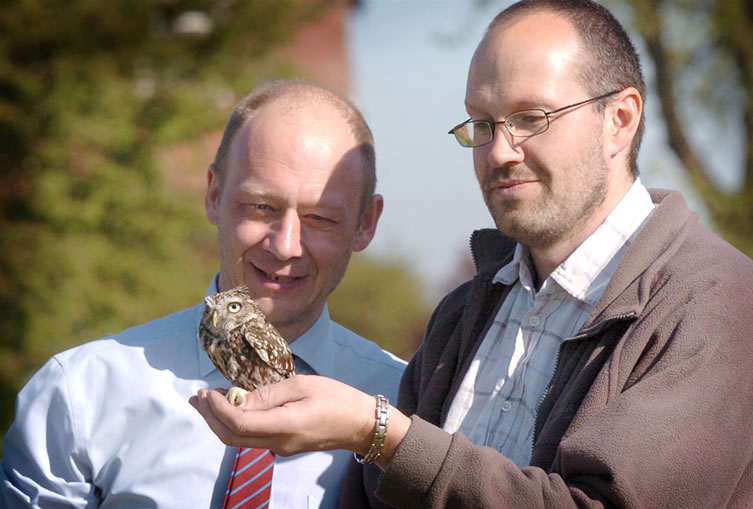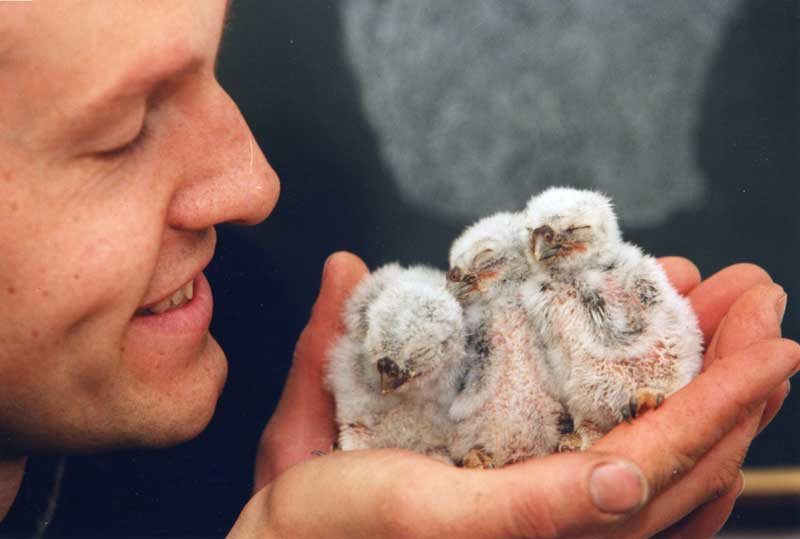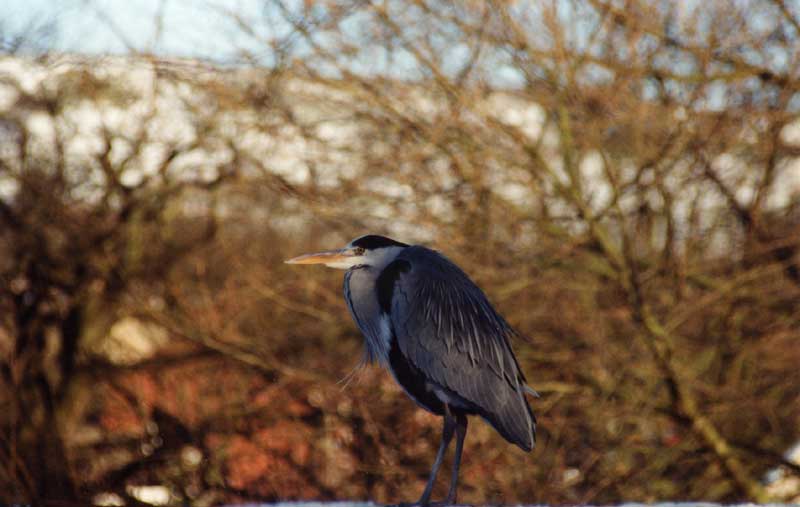







Please be careful with your bird-feeders this winter
December 12, 2020
With winter now truly upon us once more, thought should be given to your choice of bird food - if you are able to help out in this way at this time of year.
There are a few points to note;
If feeding peanuts, do not give whole nuts as these can stick in throats and choke a bird. They can also clog-up a crop causing a condition called sourcrop, where the food goes off in the crop; is unable to be digested and poisons the bird you were trying to help. If you do choose this type of food, use a feeder where the bird has to peck at the nut to release it in bits, or feed half-nuts, or grind/smash them up yourself.
If feeding seeds, then either do so from a feeder and change the seeds once a week if not consumed during that period. If feeding on an open table, then only put out as much as can be consumed in an hour, and if possible feed twice-a-day.
Fatballs are ideal for all of our resident garden winter birds and most of those who choose to visit us. Please DO NOT use the netted type, to avoid the injuries caused to the chaffinch in the photo in this article. If yours ARE netted, then remove them from the nets before putting the balls out for the birds. These can either be suspended in hanging feeders, or if you have larger birds visiting such as crows/magpies etc or even pheasants, then put on the floor / tables whole which will help reduce the number of birds flying off with a complete ball - though the larger corvids will still manage it. For the smaller birds you can crumble these up on the feeding table.
Mealworms (both live and dried); only put out on the ground/table as much as would be eaten in an hour. If you choose to use a feeder, then be mindful that if they get damp, will quickly go to mush. As with the seed feeders, the containers need emptying and thoroughly cleaning out each week to prevent mould and disease setting in.
Remember that it is important to provide clean, fresh drinking water at least daily - more often if below freezing during the day. If you struggle to stop the water freezing, a small rubber ball bobbing in the bowl can sometimes help - but please never add any chemicals or salt to the water as you can end up poisoning both wildlife and pets through such actions.
Thank you for supporting the birds and wildife around us.
Nigel
ADVICE
Wild Bird Advice and information
Many people would help birds more, if they knew simple easy ways in which they could help wild birds, without going to too-much extra trouble. Often there are ways to help – that don’t actually ‘cost’ anything at all, but can make a huge difference to making birds welcome and safe in the environment around us.
CITRUS FRUIT SAVES BIRDS LIVES
One of the main causes of bird injuries (espec
LATEST NEWS
-
Happy New Year 2026
May I wish you all, a very Happy New Year for 2026; let us hope it brings us good health, happiness and prosperity. So
January 1, 2026 -
Trees for the birds
May I wish you all a very Merry Christmas, and thanks to you all for your continued support throughout 2025; it has been
December 24, 2025 -
Help us to keep out the cold too...
Despite the relatively mild weather of late, it is important to keep up the feeding of the wild birds which live around
December 5, 2025 -
Winter work
I made a start on the winter wood work today at the Three Owls Wood. It's not possible to see whats going on in the grow
November 26, 2025 -
Tea on the lawn
I received a call from someone wanting identification of a brown bird eating a meal on their lawn. Expecting to be sent
November 16, 2025
